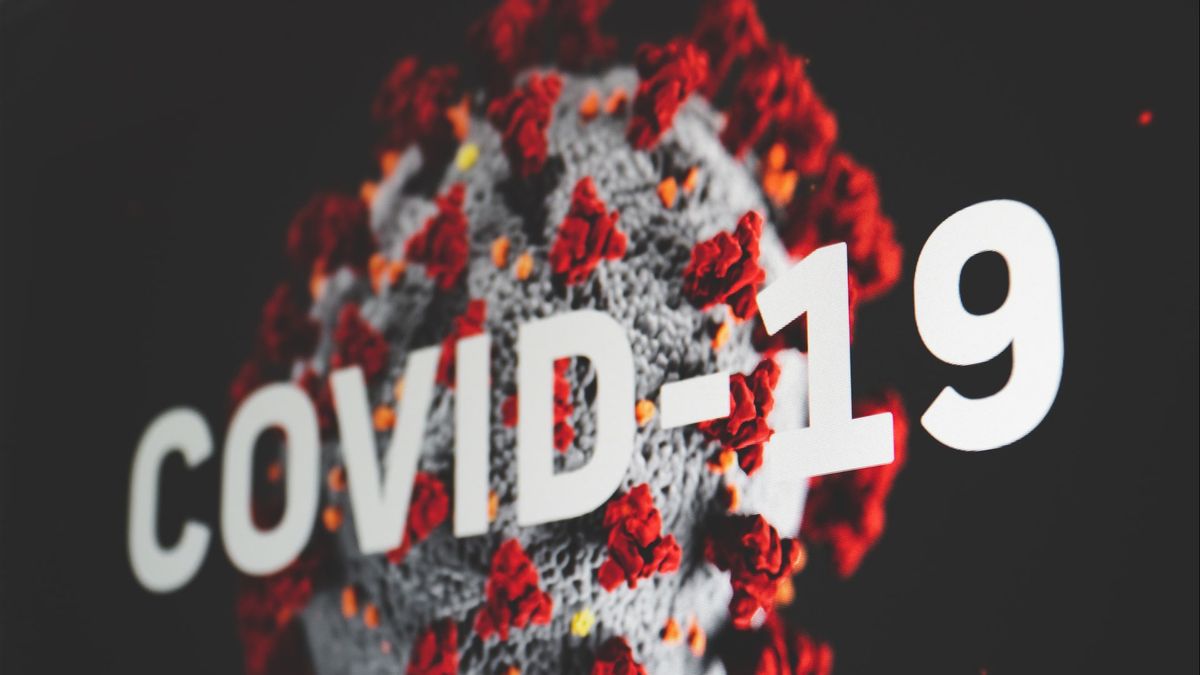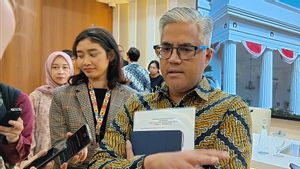JAKARTA - New cases of COVID-19 in Indonesia increased by 20,574 in one day yesterday. This figure is the highest during the pandemic. Previously, the most daily COVID-19 cases occurred on June 23 with 15,308 cases.
Epidemiologist from the Faculty of Public Health, University of Indonesia (UI), Tri Yunis Miko Wahyono, considers the crisis of COVID-19 in Indonesia to be similar to that in India if the handling of case control is not serious.
India had experienced the addition of hundreds of thousands of new positive cases every day. Many COVID-19 patients do not get treatment rooms in hospitals because they are full.
"In my opinion, now the increase in cases is extraordinary and we are dealing with an extraordinary variety of cases. If the government is not quick and precise in tackling this, believe me, what has happened in India is in sight," Miko told VOI, Friday, June 25.
From the start, the government was optimistic that the implementation of micro PPKM would be effective in tackling COVID-19. The government holds an example of a decrease in cases at the beginning of the year, where the daily case increase was only around 5,000 cases per day, from the previous 14,000 cases per day.
However, according to Miko, the slowing down of cases at that time was not due to reduced virus transmission. From his observations, the decrease in cases was caused by the local government's intentional reduction in the number of tracing and testing.
"Actually, at that time cases decreased because many areas did not want to be designated as red zones. Therefore, they reduced their tracing and testing capacity. If those two things are few, it means that case findings are also small," said Miko.
"So, what happened today is not soaring, it's just approaching the actual number of COVID-19 exposures," he explained.
It takes a radical step than just Micro PPKMPresident Joko Widodo (Jokowi) still chooses PPKM Micro as a policy to control the pandemic situation today. This at the same time refutes the encouragement of many parties for the government to take steps to lock down.
"The government has decided that micro PPKM is still the most appropriate policy to stop the spread of COVID-19 down to the village level or directly to the root of the problem," Jokowi said at a press conference, Wednesday, June 23.
Hermawan Saputra, a member of the expert board of the Indonesian Association of Public Health Experts (IAKMI) believes that the government needs to take more radical steps than PPKM Micro. In addition to unresolved clusters, Indonesia is also burdened with the Delta variant of the corona virus which spreads faster.
Micro PPKM, according to Hermawan, will not solve the problem because the prevention is not comprehensive in one area, but only in small settings, namely RT and RW. There are two options offered by Hermawan: Large-Scale Social Restrictions (PSBB) and regional quarantine.
PSBB can be limited to large islands, such as Java, Sumatra, and Kalimantan. Meanwhile, regional quarantine will have implications for airport closures, local transportation, and strict supervision of activities within the region. "The current situation is very different," said Hermawan.
"If the government delays (taking radical steps), the losses will continue to grow, the economy will not recover, and public health is in limbo," he added, quoted by DW, Wednesday, June 23.
The English, Chinese, Japanese, Arabic, and French versions are automatically generated by the AI. So there may still be inaccuracies in translating, please always see Indonesian as our main language. (system supported by DigitalSiber.id)












